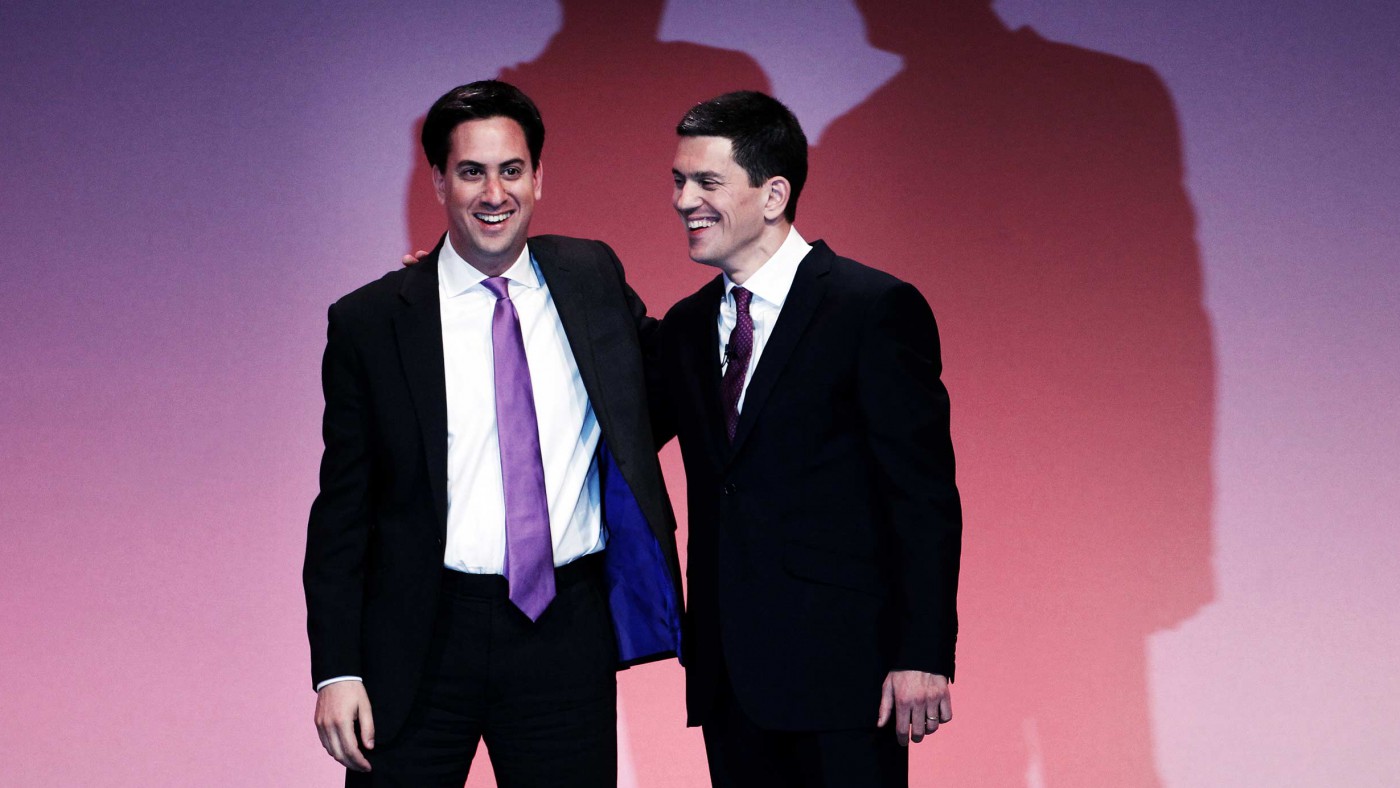The British Labour party is in an existential crisis. This has three related aspects: psephological, psychological and philosophical.
First, psephology: Labour lost 40 of its 41 seats in Scotland, and no-one expects many of them to be won back anytime soon. So to win an Election, Labour would need to capture around 90 seats in England. That means moving well beyond the inner cities and areas afflicted by manufacturing decline; Labour already holds most of those constituencies. In future, the party will have to appeal to voters in prosperous suburbs.
That adds to the psychological angst caused by the loss of Scotland. Scotland was not just an electoral heartland. It was also an emotional one: a living chronicle of the Labour movement’s struggles, a repository of its values, a comfort zone. This is no more comfort in the comfort zone. Instead, Labour is faced by a painful necessity: to adapt the values of the past to the challenges of the future. All this leads in to the philosophical question. What does Labour believe?
This is not a new problem. From its earliest days, Labour was a socialist party. As such, it could appeal to many voters who were happy with the thought that year on year, the state would grow in size, controlling, regulating, spending – and taxing. For the first half of last century, that was a widespread assumption. Admittedly, there were always tensions between the party’s in effect Marxist wing, which sought rapid social and economic transformation, and the Fabians, who believed in a more gradual approach. But both of them shred the same ultimate goal and they both believed that socialism was inevitable.
Then came trouble, In 1945, Clement Attlee’s Labour party won a massive majority. The road to socialism seemed open, as even a fair number of pessimistic Tories would have agreed. But it did not happen. Although there was a considerable increase in the size of the state, the free enterprise system survived, and after six years, the Tories were back in power. By then, a split had emerged in the Labour party. The left-wingers, whose ranks included a number of crypto-communists and Soviet agents of sympathy, wanted no compromises with capitalism. Their programme was large-scale nationalisation and confiscatory taxation. The moderate wing realised that a modus vivendi with free enterprise was essential to enable a future Labour government to pay for its ambitious social programmes, These moderates also wanted to win elections, in a country which was becoming increasingly prosperous.
Those divisions endured, to the extent that the party split in the early Eighties, with many moderates breaking away to form the Social Democratic Party (SDP). That was unsuccessful, but although its body lies a’mouldering in the grave, its soul went marking on, thanks to Tony Blair.
By the time he became leader, Labour had been out of office for fifteen years and had indeed come close to extinction. Mr Blair transformed its fortunes – and much of the party never forgave him. He changed the name to “New Labour” by which he clearly meant post-socialist Labour. Even before his alliance with George Bush, the left-wing of his party regarded him with acute suspicion. It was as if he had completed the defeat of the SDP, by surrendering to it.
Mr Blair once tried to make his critics look foolish. “I stuck with our party through three electoral defeats. Couldn’t you stand be me through three victories?” That was a cracking debating point, but it did not work, for a simple reason. Most Labour supporters had never really accepted Mr Blair. It was as if there had been transplant surgery. A new organ had been inserted, with the aid of immuno-suppressant drugs, but the immune system fought back. In 2010, after Labour’s defeat, the leadership contest was between Cain and Abel. Abel, otherwise known as David Miliband, was the heir to Blair. Cain, his brother Ed, was the old Labour candidate. When he slew his brother/won the leadership, Neil Kinnock, a former unsuccessful left-wing Labour leader, was triumphant: “we’ve got our party back”. A number of Labour modernisers feared that he was right. So it proved.
Political fratricide has one advantage over the real thing. It is not fatal. Far from being dead, David Miliband was an affluent exile in the USA. In his latest utterances he has castigated his party for being so foolish as to choose the wrong brother in 2010 and urged it to return to Blairite ways. This has led to speculation that he might return to British politics. He is certainly in no mood to compromise. If he had his way, Labour would become the British version of a Rooseveltian Democratic party:
Compassionate at Home
Strong Oversea
Good enough for Roosevelt
Good enough for me
But David Miliband and his fellow-modernisers face two difficulties. First, the average Labour activist is much more left-wing than the average voter whom Labour needs to attract. Second, the trade unions, who pay for the Labour party, are not in a moderate mood. Some Union leaders still seem to believe that their party lost because it was not left-wing enough.
So it looks as if the ideological dissension which has bedevilled Labour for decades is set to continue. Although it is far too early to conclude that the Labour party has lost the next Election, that is the way it is looking right now.


